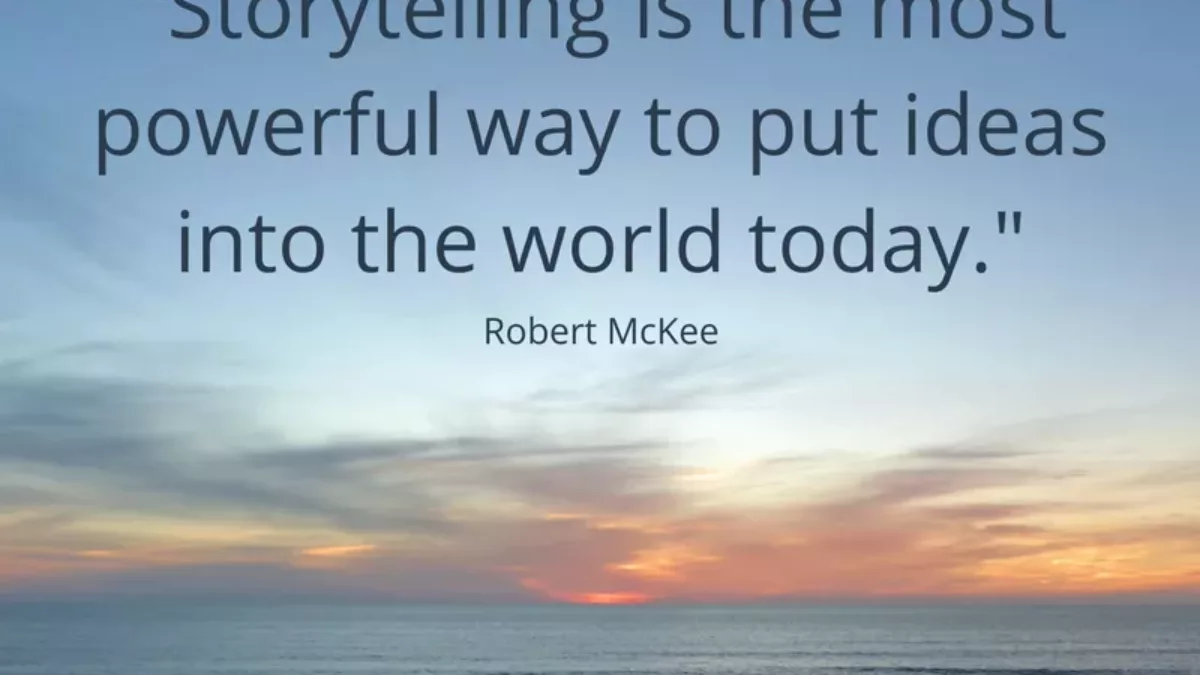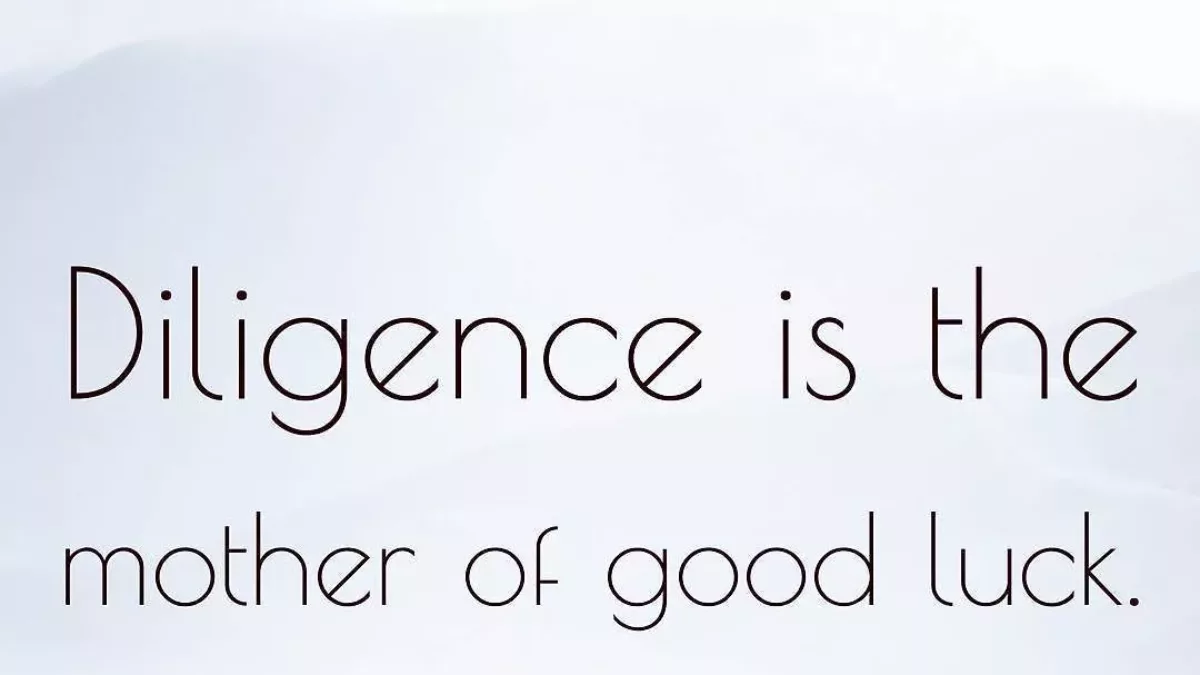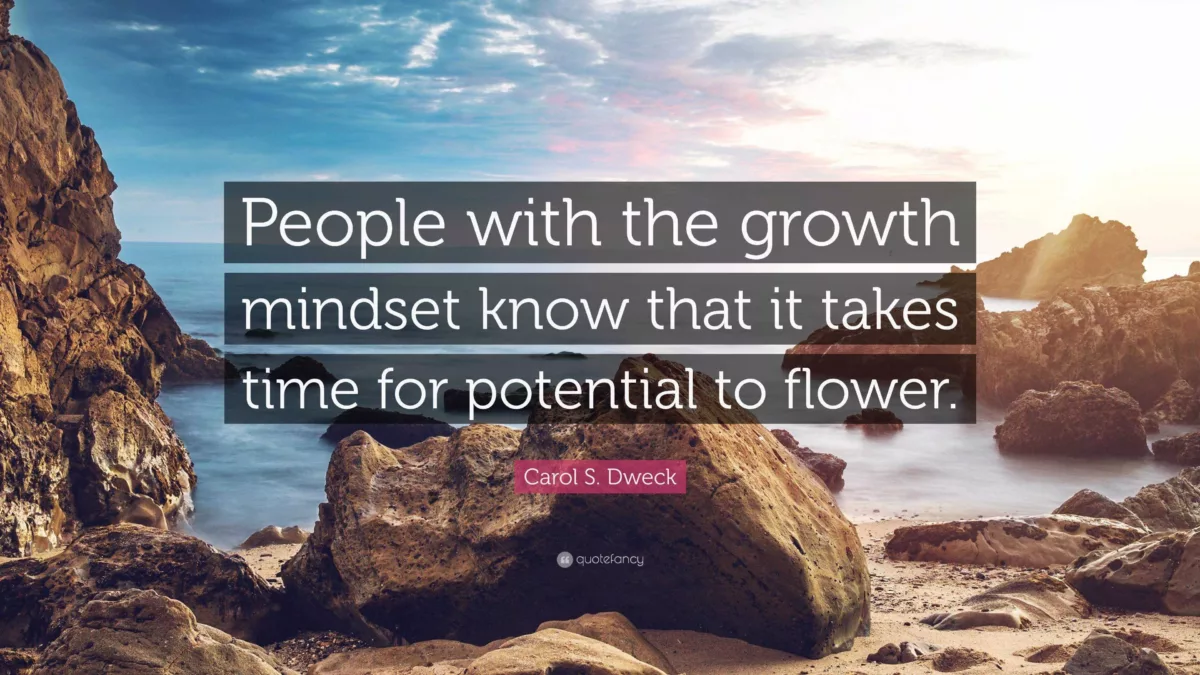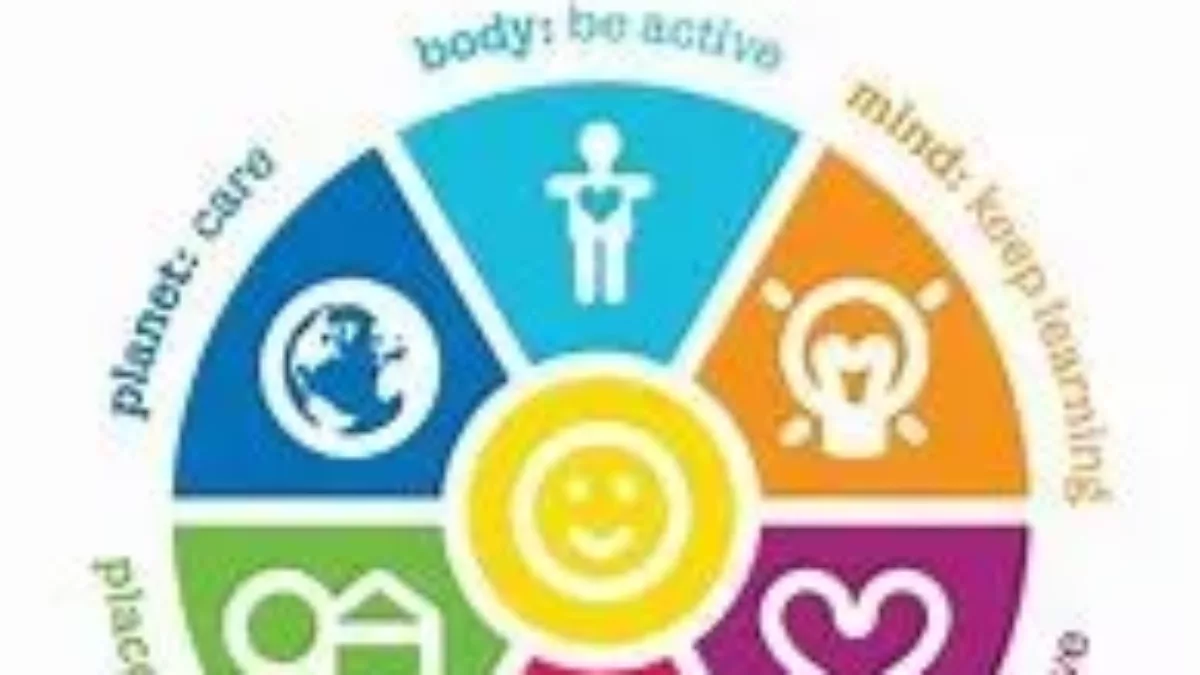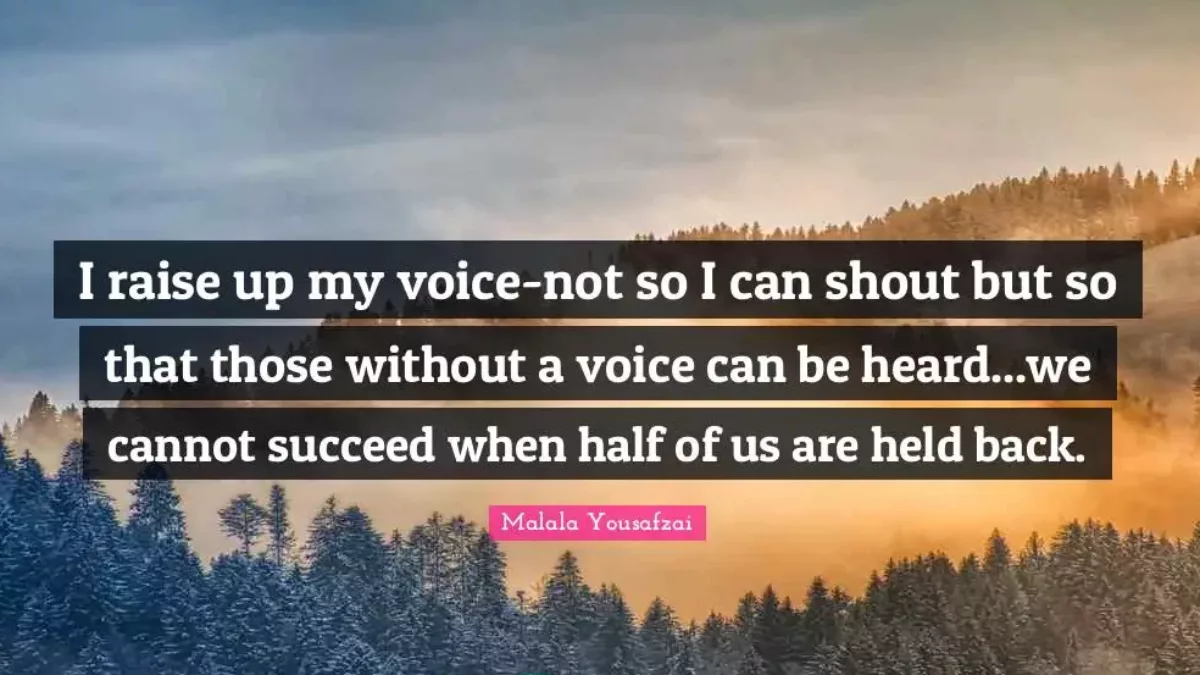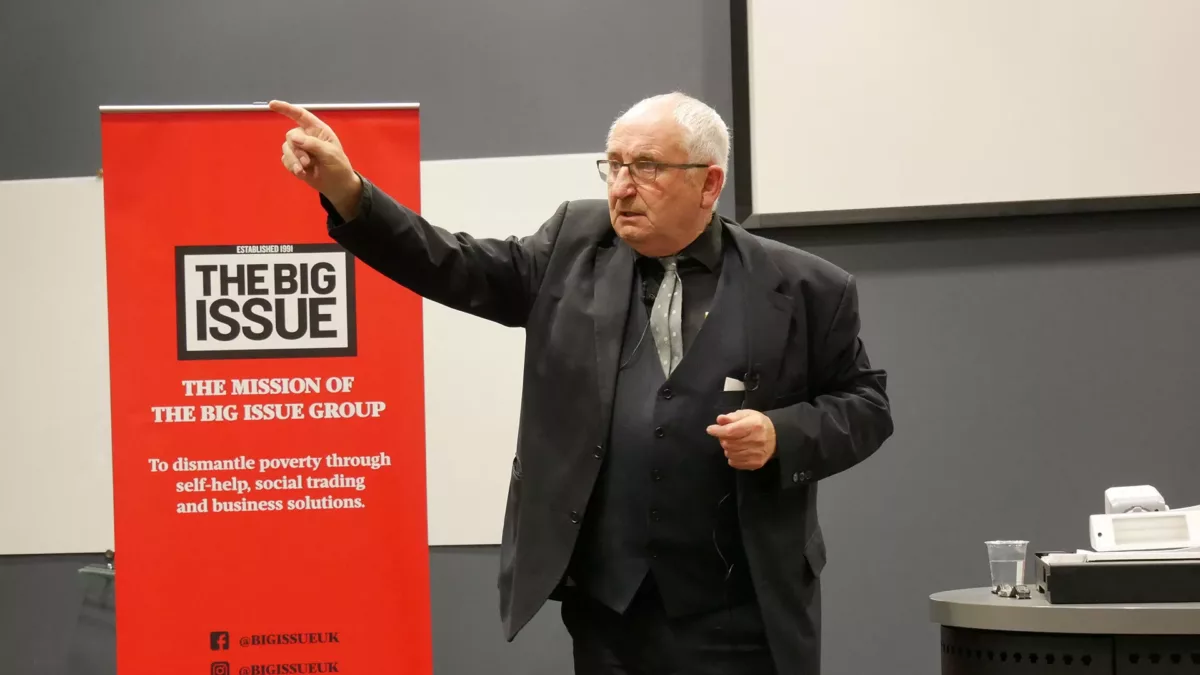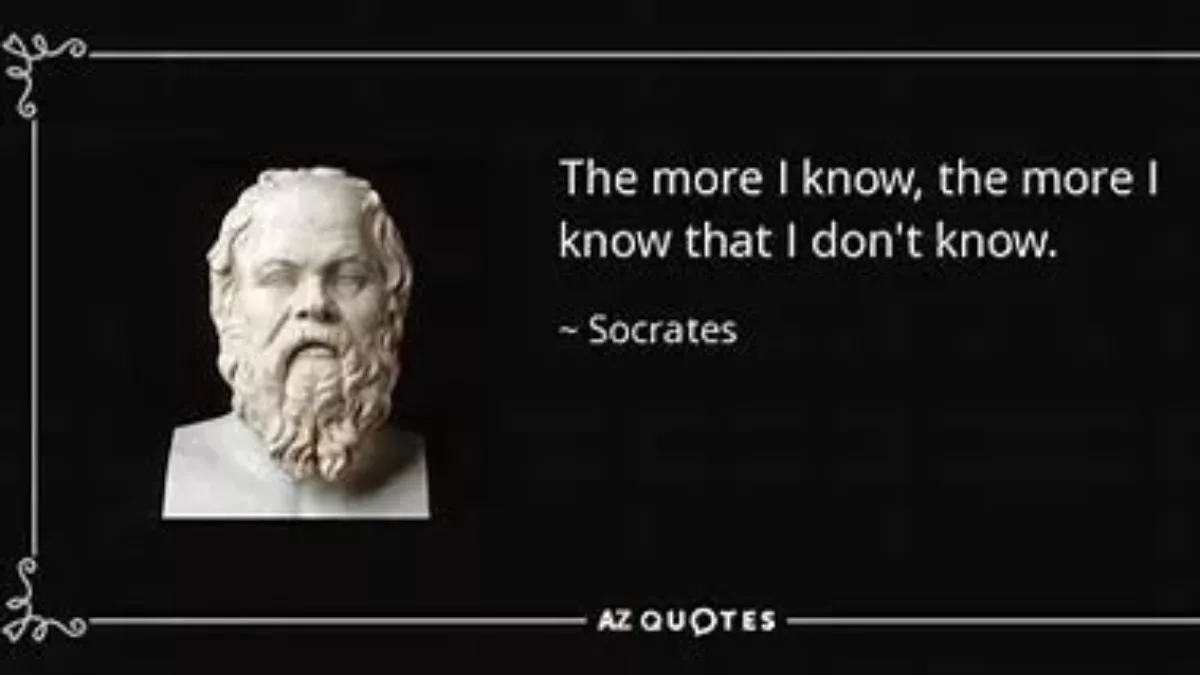BLOGS
BLOGS
Stories
‘Storytelling is the most powerful way of putting ideas into the world today’. (Robert McKee)
‘The stories we tell provide coherence and meaning and orient our sense of purpose’. (Sharon Deloz Parks)
HOM: Creating, Imagining, Innovating
This week is National Storytelling Week, and this gives us a real opportunity to think about the purpose and place of stories in our lives. Not everyone is especially bookish but we can enjoy stories through verbal storytelling and dramatization in play, film and TV. They can entertain but also the retelling of stories sometimes through ritual enactment, which may take place in religious festivals or days of national remembrance, can shape our understanding of the world and enable our remembrance of things not to be forgotten, or help ‘orient our sense of purpose’.
I grew up in a largely secular household but nevertheless through attendance at a church Sunday School and a Church of England Primary School, I became very familiar with many bible stories. These gave shape to the yearly cycle and a framework of reference within which to explore life’s big questions and it gave some ’coherence and meaning’ to life’s experiences. While some young people still grow up with this rich fund of stories, which also helps them to understand the richness of western art, literature and music, many do not. So, what stories do our young people use to make sense of their world and give coherence to their experience? And what ideas are those stories putting into the world today? It’s a discussion worth having and should concern us all, because such stories shape the child and the future adult.
Writer Francis Spufford wrote an intriguing book a few years ago entitled ‘The Child That Books Built’. It was a reflection on the books that had shaped him and continues to do so. They both helped him not to feel alone through challenging times, but also helped orient his life purpose.
So what stories have shaped us? What stories do we turn to for meaning or consolation? What stories inspire us and give us hope for a better future? There is much to reflect upon.
Christine Crossley
I grew up in a largely secular household but nevertheless through attendance at a church Sunday School and a Church of England Primary School, I became very familiar with many bible stories. These gave shape to the yearly cycle and a framework of reference within which to explore life’s big questions and it gave some ’coherence and meaning’ to life’s experiences. While some young people still grow up with this rich fund of stories, which also helps them to understand the richness of western art, literature and music, many do not. So, what stories do our young people use to make sense of their world and give coherence to their experience? And what ideas are those stories putting into the world today? It’s a discussion worth having and should concern us all, because such stories shape the child and the future adult.
Writer Francis Spufford wrote an intriguing book a few years ago entitled ‘The Child That Books Built’. It was a reflection on the books that had shaped him and continues to do so. They both helped him not to feel alone through challenging times, but also helped orient his life purpose.
So what stories have shaped us? What stories do we turn to for meaning or consolation? What stories inspire us and give us hope for a better future? There is much to reflect upon.
Christine Crossley
